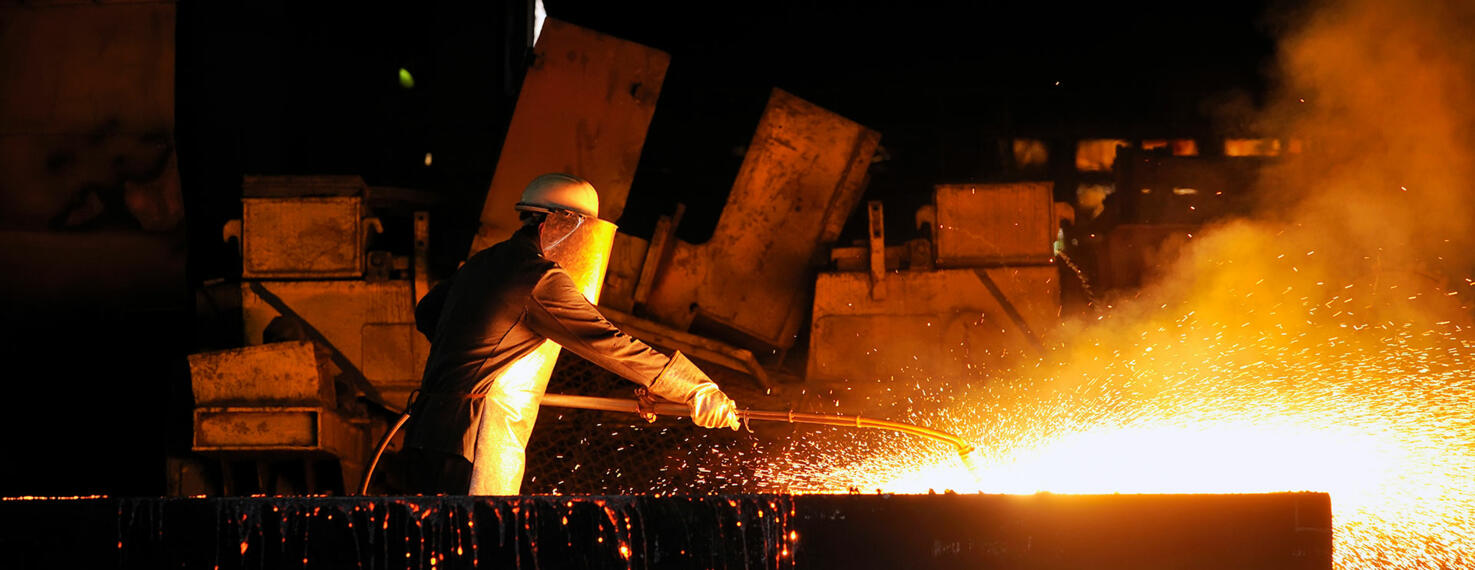
What do the RoHS directives regulate?
The RoHS directives regulate the use of lead, mercury & more in electrical and electronic equipment.
RoHS: Restriction of Hazardous Substances
The RoHS Directives 2011-65-EU were adopted by the European Union in 2011 and came into force in 2013. They regulate the use of hazardous substances in electrical and electronic equipment. RoHS stands for Restriction of Hazardous Substances, i.e. the restriction (of the use of certain) hazardous substances. The RoHS directives pursue the goal of banning harmful substances from electrical and electronic equipment. On the one hand, these substances can have a toxic effect and, on the other hand, they are only degraded poorly or not at all by the environment.
The chemical substances affected by the directives are lead, mercury, chromium (VI), cadmium, polybrominated biphenyls (PBB) and diphenyl ethers (PBDE). In 2015, the substances bis(2-ethylhexyl) phthalate (DEHP), benzyl butyl phthalate (BBP), dibutyl phthalate (DBP) and diisobutyl phthalate (DIBP) were also added. Most of the substances may be present in a concentration of no more than 0.1%, and for cadmium there is even a limit of 0.01%.
Implementation of the RoHS directives
In Germany, the directives are implemented in the Electrical and Electronic Equipment Substances Ordinance. In contrast to the previously applicable Directive 2002-95-EG, which was included in the Electrical and Electronic Equipment Act, trading partners now have more obligations to ensure that products are free of harmful substances.
There are two ways to prove that products are RoHS-compliant, regulated in the standards DIN EN 62321 and DIN EN 50581. According to DIN EN 62321, a chemical analysis is carried out to determine the concentration in which the relevant substances are present. DIN EN 50581 designates a technical documentation. Here, it may be sufficient that supplier declarations are available, for example. In some cases, however, it is also necessary for analytical test results to be available for all materials and components.
To protect the environment, TENTE observes the RoHS guidelines for all casters, wheels and other products and does not use the corresponding substances.
